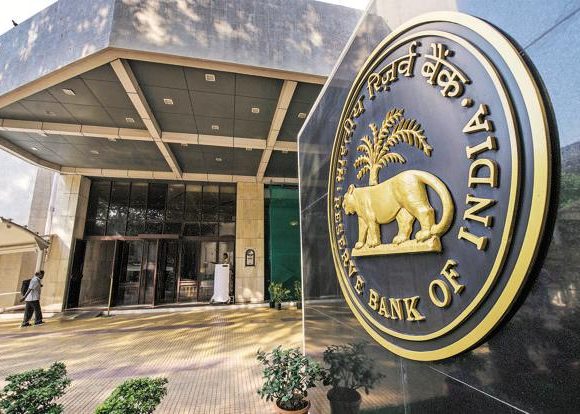
India Moves Towards Trust-Based Tax Assessment System
India is making significant strides in transforming its tax system by introducing a trust-based tax assessment model. The approach aims to reduce scrutiny, simplify the tax filing process, and foster trust between taxpayers and authorities. This shift aligns with the government’s broader objective of creating a taxpayer-friendly environment while ensuring compliance and transparency.
Fewer Tax Returns Under Scrutiny
As part of this reform, the government plans to minimize the number of tax returns subject to scrutiny. Officials stated that the new model will focus on fostering voluntary compliance among taxpayers, reserving investigations for cases where discrepancies or irregularities are evident.
“The intention is to create a system where honest taxpayers are encouraged and feel less burdened by the fear of excessive scrutiny,” an official said. The reform is expected to significantly reduce instances of harassment often associated with excessive audits, ensuring a smoother tax-paying experience.
Enhancing Voluntary Compliance
The trust-based model emphasizes voluntary compliance and accountability among taxpayers. By reducing intrusive assessments, the government aims to encourage individuals and businesses to file accurate tax returns without the apprehension of being unnecessarily scrutinized.
The system also includes the use of advanced analytics and artificial intelligence to identify and investigate high-risk cases, ensuring that only those with genuine discrepancies are flagged for further review.
Simplifying Tax Processes
This reform is part of the government’s ongoing efforts to simplify tax procedures and enhance transparency. Initiatives such as pre-filled tax forms, seamless online filing, and faster refunds have already improved the tax filing experience for millions of Indians.
The trust-based assessment system will complement these initiatives, reducing compliance costs and making the process more efficient. Taxpayers can expect less paperwork and fewer demands for additional documentation, further easing the burden of filing returns.
Broader Implications
The move reflects India’s commitment to modernizing its tax infrastructure and creating a fair, efficient system that encourages growth and compliance. By reducing scrutiny and emphasizing trust, the government hopes to improve the relationship between taxpayers and authorities, promoting a culture of honesty and transparency.
This reform is also expected to enhance India’s ranking in global indices measuring ease of doing business, as a simpler and more taxpayer-friendly system can attract greater investment.
Conclusion
India’s transition to a trust-based tax assessment model marks a significant milestone in the country’s tax reform journey. With fewer returns under scrutiny and an emphasis on voluntary compliance, the system is poised to create a more inclusive and efficient tax environment. This initiative highlights the government’s commitment to fostering trust and simplifying processes for taxpayers, paving the way for a more transparent and progressive tax framework.


















